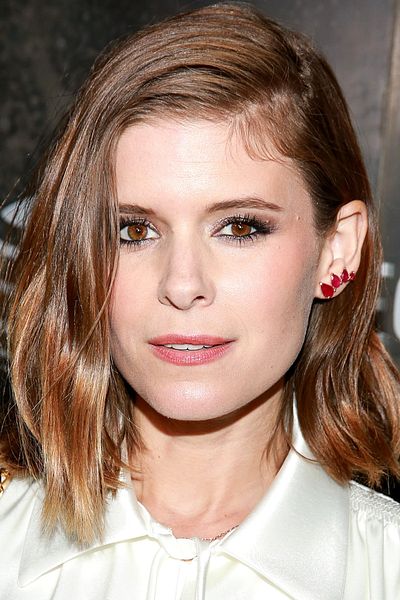Troubled productions can sometimes lead to exceptional works of film. Apocalpyse Now is the example most often cited. Coppola ran over budget, he had a star who had a heart-attack during filming, he most likely went insane in the jungle heat. Yet, out of all of this, he made something for the ages. Then, of course, you have countless other examples of films where a studio steps in, chops it up without the director's knowledge (or sometimes with his knowledge, but without his blessing) and forces it out onto the world to fend for itself.
Fantastic Four comes to the screen with a lot of bad publicity. Director Josh Trank clashed with studio executives, reshoots were common - simply put, the film was considered a wash-out before it even got to the local cinema. With that in mind, we sat down to watch this and put this to one side. The film begins with a child Reed Richards explaining his invention to a bored teacher and classroom that's already worked on early experiments with toys. Flash forward to his late teens and we see Miles Teller and Jamie Bell's creation catch the eye of Reg E. Cathey and Kate Mara. Teller's whizzed off to the Baxter Institute where his invention sees him square up to Tobey Kebell's troubled genius.
What makes Fantastic Four so interesting is that for the first fifty minutes, there's nothing but dialogue and character development. There's no opening CGI salvo, no exposition about where the heroes are or how they fit into the universe. We are, instead, treated to an understanding of each character. Teller and Kebbell play their characters with an interesting take; Reed Richards and Victor Von Doom aren't a cut-out hero and villain duo - they're two sides of the same coin. That might be somewhat familiar in comic-book films of late, but here, it's quite convincing. You can see the arc in Kebbell's character and you buy it more readily than anything you're likely to see.
Mixing Cronenbergian body-horror with superhero aesthetics is a fascinating choice and one that, on paper, works brilliantly. The idea of a man who can extend his bones and limbs fits with that idea, likewise the very incident that sees them transform is borrowed straight from The Fly. When we consider Trank's previous effort, Chronicle, we can see that he has an understanding of how to portray superpowers believably - or at least believably in his world. This holds true here.Where Fantastic Four's failures begin to mount considerably is in the jarring pace of the film and how utterly mismatched everything is. The film jumps forward at various points, leaving certain plot strands under-developed and under-utilised. Likewise, the shift in tone between cold sci-fi to out-and-out superhero blockbuster is so clumsily handled that it pulls you right out of it entirely.
As you're watching Fantastic Four, there's the unmistakable sense that there is a better version of this film potentially locked away in a vault that will never see the light of day. The finale, which is essentially split into ten minutes of a fantastic sci-fi horror and twenty minutes of a bland CGI fest, really hammers this point home. The performances from the four are, by and large, commendable. You can see Teller's trying to inject an interesting characterisation of Reed Richards. No child who's able to create a interdimensional transporter is going to be sardonic like Tony Stark. Instead, it's more likely they're somewhere on the autism spectrum. The same goes for Kate Mara and Toby Kebbell's take and that, in turn, feeds into their motivations. Michael B. Jordan has a handle on Johnny Storm's cocksure ways while Jamie Bell, sadly, is left with little or nothing to do. Reg E Cathey gives the proceedings a real sense of gravitas whilst Tim Blake Nelson's slimy government official acts out as the antagonist.
For all the faults with Fantastic Four - and there are many - it's hard not to have a measure of respect for it. It was trying to be something different to the usual comic-book fare we see so regularly nowadays. Devoting time to character is something that's lacking in comic-book heroes. Actually working out a villain's arc and making it believable is commonplace. Fantastic Four attempts to right these common mistakes. We underline attempt, because it fails more often than it succeeds. But it does so in a noble manner. It's trying to be different, but instead of winds up with something not unlike its villain - broken and malformed.
A genuine attempt to rewrite the comic-book genre that fails, but fails admirably.




















































































